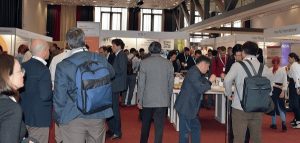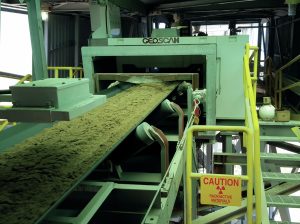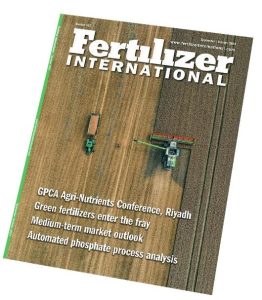
Polyhalite – what next?
We look at the future of polyhalite mining and its use as a fertilizer following Anglo American’s announcement that investment in its UK-Based Woodsmith mine will fall to zero in 2026 under current plans.

We look at the future of polyhalite mining and its use as a fertilizer following Anglo American’s announcement that investment in its UK-Based Woodsmith mine will fall to zero in 2026 under current plans.

The prospect of a drastic expansion in potassium sulphate production has been linked to a plethora of projects in Australia, Ethiopia, and Eritrea. These have sought to take advantage of market tightness and high price premiums. Yet investor interest in supposedly promising projects has waned over the last few years. In this insight article, CRU’s Alexander Chreky explains the reasons behind the high project failure rate, as well as highlighting some limited successes.

Ronald Clemens , ICL’s Marketing & Portfolio Manager CRF, talks to Fertilizer International about the role of controlled-release fertilizers in sustainable agriculture.

Sophisticated control of phosphates production is now possible thanks to the availability of real-time process analysers. The emergence of laboratory robots is also improving process efficiency and delivering cost savings.

The International Fertilizer Association’s annual Global Markets Conference is an in-depth event for those tracking the market. This year’s two-day gathering in London in July lived up to its billing as a meeting of curious minds (Fertilizer International 521, p4).

Some 1,265 delegates from 552 companies and 72 countries gathered in Singapore for the 9Ist International Fertilizer Association (IFA) Annual Conference, 20-22 May 2024. Claire Newell, IFA’s Director of Communications & Marketing, reports on the main highlights of this three-day flagship event.

We highlight recent innovations, including fertilizers recovered from industrial residues, novel controlled-release coatings, and products that incorporate biological components designed to benefit both crop nutrition and soil heath.

More than 370 delegates from over 150 companies and 40 countries gathered at the Hilton Warsaw City Hotel, Warsaw, Poland, 26-28 February, for CRU’s Phosphates 2024 conference.

We compare and contrast the 2023 financial performance of selected major fertilizer producers following the publication of fourth quarter results.

2024 is my tenth year as editor of Fertilizer International magazine. But, having joined CRU in January, it’s also a fresh start.